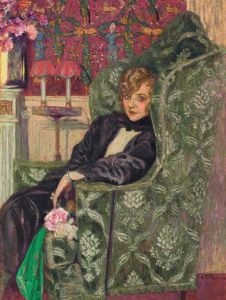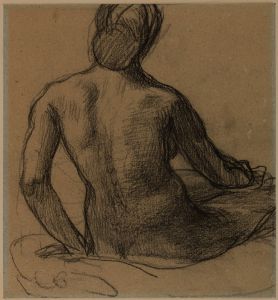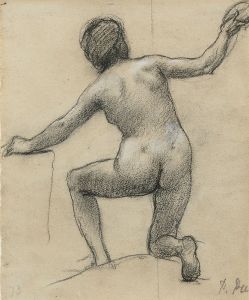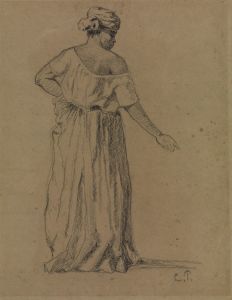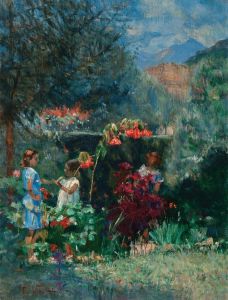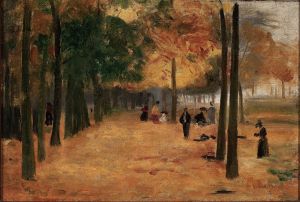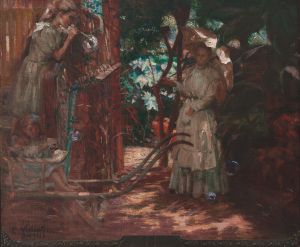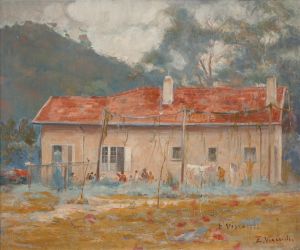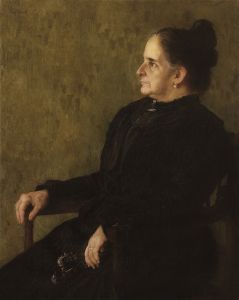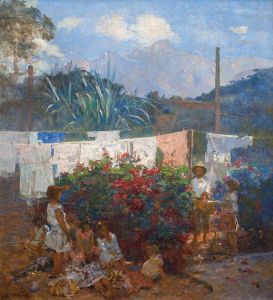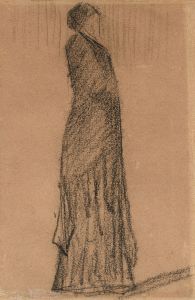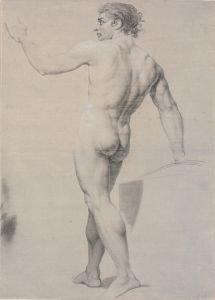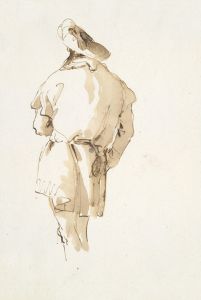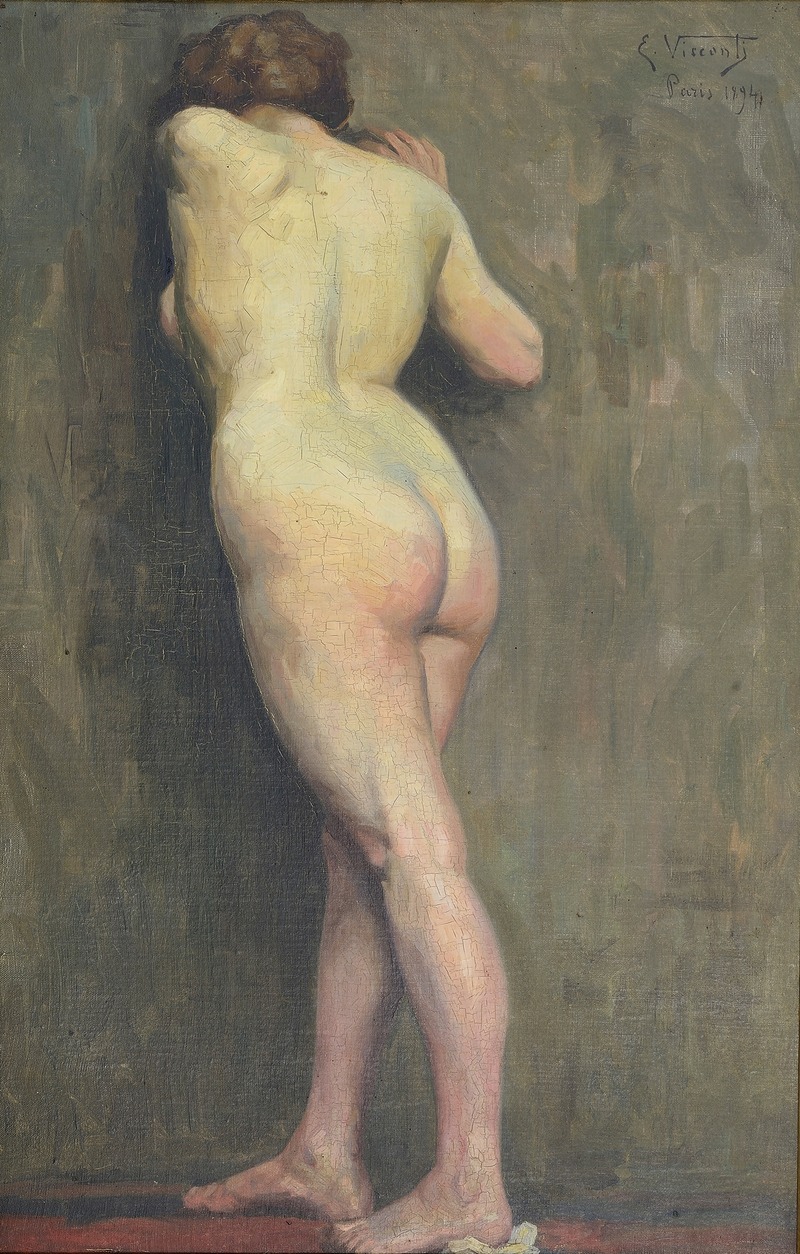
Nu feminino de costas
A hand-painted replica of Eliseu Visconti’s masterpiece Nu feminino de costas, meticulously crafted by professional artists to capture the true essence of the original. Each piece is created with museum-quality canvas and rare mineral pigments, carefully painted by experienced artists with delicate brushstrokes and rich, layered colors to perfectly recreate the texture of the original artwork. Unlike machine-printed reproductions, this hand-painted version brings the painting to life, infused with the artist’s emotions and skill in every stroke. Whether for personal collection or home decoration, it instantly elevates the artistic atmosphere of any space.
"Nu feminino de costas" is a painting by the Brazilian artist Eliseu Visconti, a prominent figure in the development of modern art in Brazil. Visconti, born in 1866 in Salerno, Italy, moved to Brazil at a young age and became one of the most influential artists in the country. He is often credited with introducing Impressionism and Art Nouveau styles to Brazilian art.
Eliseu Visconti studied at the Liceu de Artes e Ofícios and the Imperial Academy of Fine Arts in Rio de Janeiro, where he was exposed to various artistic styles and techniques. His talent earned him a scholarship to study in Europe, where he attended the prestigious École des Beaux-Arts in Paris. During his time in Europe, Visconti was influenced by the burgeoning Impressionist movement and the decorative style of Art Nouveau, which would later inform much of his work.
"Nu feminino de costas" exemplifies Visconti's skillful integration of these influences. The painting depicts a female nude from behind, showcasing Visconti's mastery of the human form and his ability to convey subtle emotion and depth through his brushwork. The use of light and shadow in the painting reflects the Impressionist influence, capturing the play of light on the subject's skin and creating a sense of immediacy and presence.
Visconti's work often explored themes of beauty and nature, and "Nu feminino de costas" is no exception. The painting's composition and the gentle curves of the figure highlight the natural grace and elegance of the human body. This focus on natural beauty is a hallmark of Visconti's work and reflects his broader artistic philosophy.
Throughout his career, Visconti was involved in various artistic endeavors beyond painting. He contributed to the design of the Brazilian currency and created significant works for public spaces, including the stage curtain for the Theatro Municipal in Rio de Janeiro. His work in these areas further cemented his reputation as a versatile and innovative artist.
"Nu feminino de costas" is part of Visconti's broader body of work that has been celebrated for its contribution to Brazilian art. His paintings are held in high regard and are part of collections in major museums and galleries in Brazil. Visconti's influence extends beyond his paintings; he played a crucial role in shaping the direction of Brazilian art in the early 20th century, inspiring future generations of artists.
Eliseu Visconti passed away in 1944, but his legacy continues to be felt in the art world. His works, including "Nu feminino de costas," remain important examples of the fusion of European artistic movements with Brazilian cultural themes. Through his art, Visconti not only captured the beauty of his subjects but also contributed to the cultural and artistic identity of Brazil.





